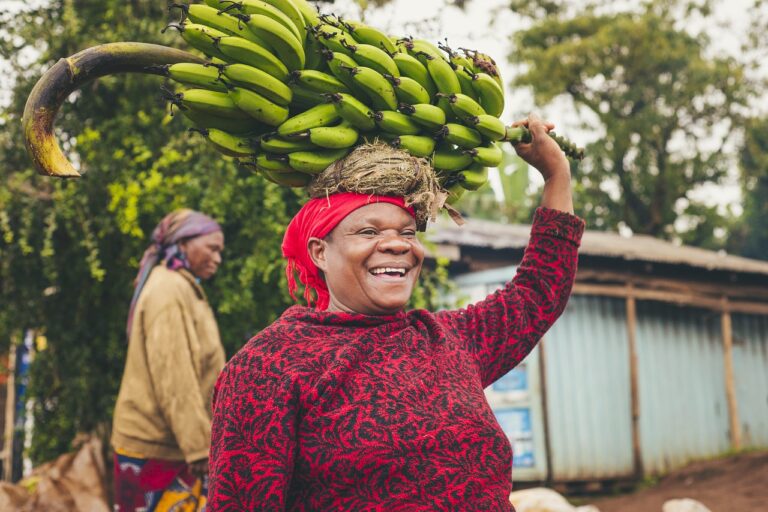The Impact of Food Industry on Worker Rights and Labor Conditions
During the early 20th century, labor conditions in the food industry were marked by exploitation and poor treatment of workers. Many food processing plants and agricultural farms operated in unsanitary conditions, with little to no regard for the well-being of their employees. Long hours, low wages, and lack of worker protections were common, leaving workers vulnerable to injuries and health hazards.
As the demand for food products grew and industrialization took hold, workers in the food industry began organizing and advocating for better working conditions. Labor unions played a significant role in pushing for reforms and securing rights for workers. The early labor movement paved the way for improved labor standards, such as limits on working hours, minimum wage laws, and safety regulations. However, challenges persist in ensuring fair and just labor conditions for all workers in the food industry.
– Labor conditions in the food industry during the early 20th century were marked by exploitation and poor treatment of workers
– Many food processing plants and agricultural farms operated in unsanitary conditions
– Workers faced long hours, low wages, and lack of protections
– Demand for food products grew, leading to industrialization and worker organizing
– Labor unions played a significant role in advocating for better working conditions
– Early labor movement led to improved labor standards such as limits on working hours, minimum wage laws, and safety regulations
– Challenges still exist in ensuring fair and just labor conditions for all workers in the food industry
The Role of Globalization in Shaping Worker Rights
Globalization has significantly impacted worker rights in the food industry, both positively and negatively. On one hand, globalization has led to increased awareness of labor conditions and the push for more standardized rights across borders. This has been driven by increased transparency and access to information through global networks and social media platforms.
However, the globalization of the food industry has also brought about challenges for worker rights. The competition to lower costs and increase profits has often led to the exploitation of labor in developing countries, where workers may face poor working conditions, low wages, and limited rights. As companies globalize their supply chains, monitoring and enforcing worker rights across different regions become increasingly complex and fragmented.
Challenges Faced by Agricultural Workers in the Food Industry
Agricultural workers in the food industry often encounter a myriad of challenges that impact their livelihoods and well-being. From long hours of physically demanding work under harsh conditions to inadequate access to proper healthcare and social protections, these workers are among the most vulnerable in the labor force. The seasonal nature of agricultural work further exacerbates their precarious situation, leading to unstable incomes and job insecurity.
Additionally, many agricultural workers face systemic issues such as lack of legal protections, limited bargaining power, and exploitation by employers. The prevalence of low wages, poor working conditions, and limited opportunities for advancement contribute to a cycle of poverty and marginalization for these workers. Despite being essential to the food supply chain, agricultural workers often find themselves at the mercy of a system that prioritizes profit over their well-being.
What are some historical factors that have influenced labor conditions in the food industry?
The historical context of labor conditions in the food industry is shaped by factors such as industrialization, the rise of capitalism, and the development of agricultural practices.
How has globalization impacted worker rights in the food industry?
Globalization has led to an increase in competition and pressure to lower costs, often resulting in exploitation of agricultural workers and labor rights violations.
What are some of the specific challenges faced by agricultural workers in the food industry?
Agricultural workers face challenges such as long hours, low wages, exposure to harmful chemicals, lack of access to healthcare, and limited job security.
How can these challenges be addressed and improved for agricultural workers?
Improving labor laws, implementing fair trade practices, providing better access to healthcare and education, and promoting worker empowerment and advocacy are some ways to address the challenges faced by agricultural workers in the food industry.





